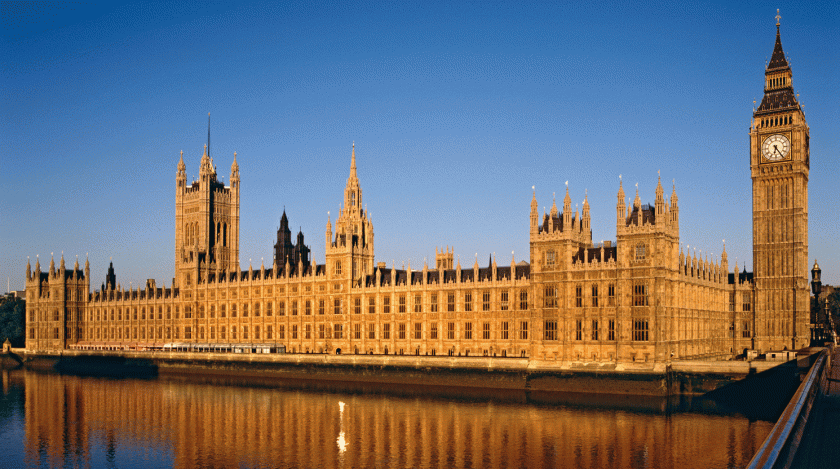Giuseppe Sandro Mela.
2017-09-12.
“Non si governa con il Politburo
ma con tribunali e burocrazia“
Lenin
«il Parlamento britannico ha dato luce verde al progetto di legge che mette fine alla preminenza del diritto comunitario nel Regno Unito nel momento in cui l’uscita di Londra dall’Unione sarà compiuto»
*
«Il via libera al progetto di legge è passato con il voto dei Tory di Theresa May, dei 10 deputati nordirlandesi del Dup, il Partito Democratico Unionista, e di sette parlamentari laburisti che hanno sfidato la disciplina di partito e votato con la maggioranza: alla fine 326 sono stati i voti a favore, 290 quelli contrari.»
*
«La premier britannica ha definito «storica» la decisione del Parlamento che ha «appoggiato la volontà del popolo britannico» e ha approvato una legge che «porta chiarezza e certezza», in vista di Brexit»
* * * * * * *
Corte Giustizia EU. Gli stati non devono rilasciare visti umanitari.
Corte Europea di Giustizia. L’Itexit non verrà mai troppo presto.
Corte Strasburgo. Il bail-in è legale, santo e benedetto.
Brexit. Corte Europea di Giustizia. Ha già voltato gabbana.
La Corte di Giustizia Europea cambia bandiera. Pilato era un decisionista.
«Sia chiaro: molto ben chiaro.
È giusto esclusivamente ciò che
il sig Padrone dichiara che lo sia.
I Giudici si adeguano.»
* * * * * * *
«Per common law si intende un modello di ordinamento giuridico, di origine britannica, basato sui precedenti giurisprudenziali più che su codici o, in generale, leggi e altri atti normativi di organi politici, come invece nei sistemi di civil law, derivanti dal diritto romano.
È un sistema nativo della Gran Bretagna, e successivamente diffusosi in tutti i paesi anglofoni. La locuzione common law può assumere diversi significati secondo il contesto. ….
già alla fine del XII secolo, si era affermato il principio cardine del common law per cui la pratica delle Corti centrali è ritenuta consuetudine del Regno, come attesta Ranulf de Glanvill († 1190) nel Tractatus de legibus et consuetudinibus regni Angliae, scritto su richiesta del re Enrico II» [Fonte]
